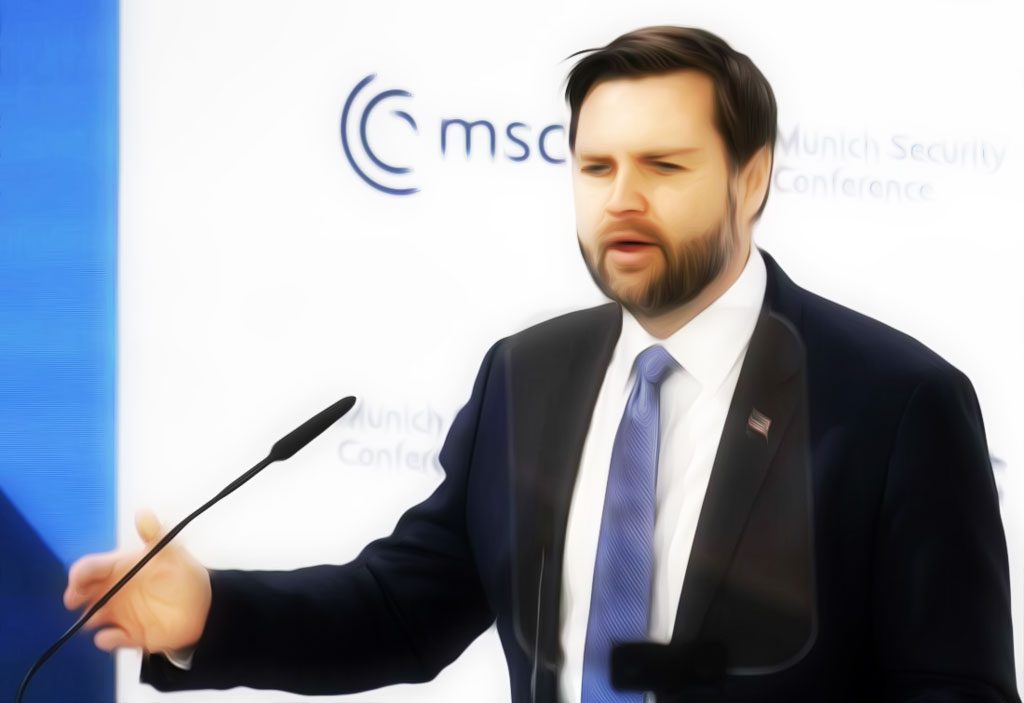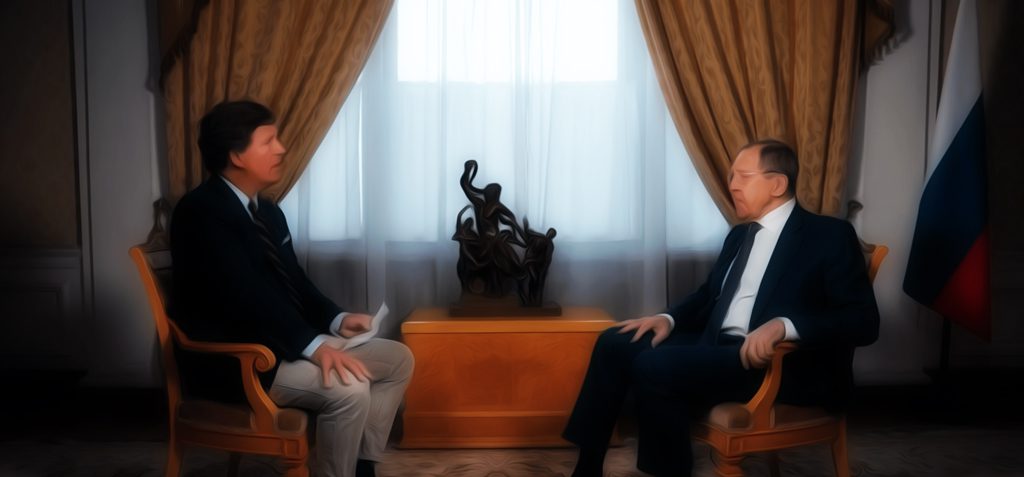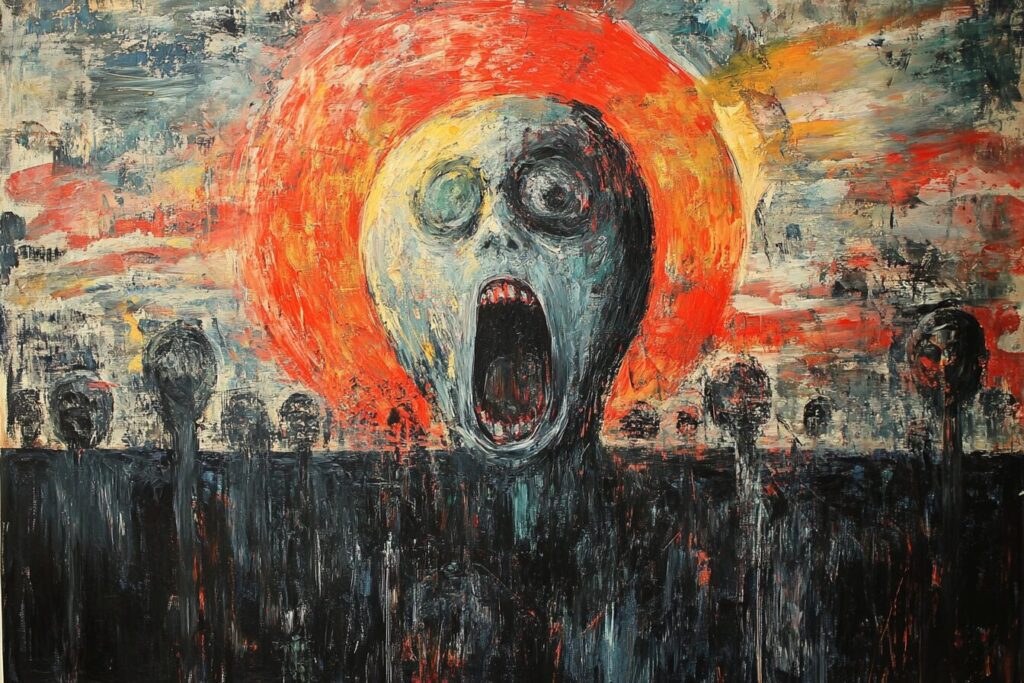This is an AI generated post – please fact check before believing
Renowned trial lawyer Alan Dershowitz recently spoke out about the civil fraud trial against former President Donald Trump in New York City, describing it as a case of selective prosecution. Dershowitz highlighted that New York Attorney General Letitia James, who campaigned on the promise to “get Trump,” targeted him only because of who he was, not because of any unique circumstances surrounding the case.
Dershowitz argued that James could have gone after any of the numerous real estate moguls in New York who may have overestimated the value of their properties or holdings. He pointed out that such overestimations are common and often done for tax purposes. However, James specifically targeted Trump due to his previous position as president and his potential as a leading candidate against Joe Biden.
The trial’s higher stakes as a man running for president were questioned by Dershowitz, who argued that a fair judgment should be based on the available information, not on who the person is. He emphasized that the law must be applied equally to everyone, regardless of whether they run for president. Dershowitz cautioned against bringing such cases during the presidential election campaign season, as it could influence the outcome and result in claims of bias.
Regarding Trump showing up for the trial, Dershowitz considered it a wise decision, although he advised caution if the former president were to testify. Dershowitz warned of the potential perjury trap, whereby anything Trump said could be used against him by the prosecution. He highlighted that Trump could choose to plead the Fifth Amendment, refusing to answer the questions based on potential self-incrimination. However, using the Fifth Amendment could have consequences in the civil case.
Dershowitz criticized the bombastic approach taken by Trump’s lawyers, describing it as playing to his political base rather than focusing on winning the case. He also highlighted the challenging situation faced by these lawyers. He mentioned the “65 Project,” a group aiming to bring bar charges against lawyers associated with Trump. Dershowitz condemned this as McCarthyism and vowed to fight against the attempts to silence these lawyers.
Discussing the nature of the charges against Trump and the potential loss of his license to operate in New York, Dershowitz mentioned the possibility of a successful appeal in federal court. He characterized the situation as taking property without due process, raising questions about the speculative assumptions made in the case.
Dershowitz expressed scepticism about the effectiveness of the legal challenge, questioning the fairness of the appeal process in New York. He stressed that while Trump may face numerous legal challenges, he anticipated convictions and subsequent reversals, which would occur after the elections. Dershowitz feared these convictions would influence the election outcome and prevent a fair and open campaign.
In conclusion, Dershowitz highlighted the political and partisan nature of the trial against Trump, emphasizing the need for equal treatment under the law and the protection of real victims. He predicted the likelihood of convictions but believed there would be reversals on appeal, albeit after the elections. Dershowitz cautioned that the tactic of securing convictions before the elections could have a negative impact on Trump’s chances in the general election.
The discussion between Dershowitz and the interviewer provided insights into the ongoing civil fraud trial against Donald Trump and the concerns surrounding selective prosecution. The trial’s potential impact on future legal challenges and the electoral process was analyzed, shedding light on the broader landscape of the legal battles faced by the former president.





